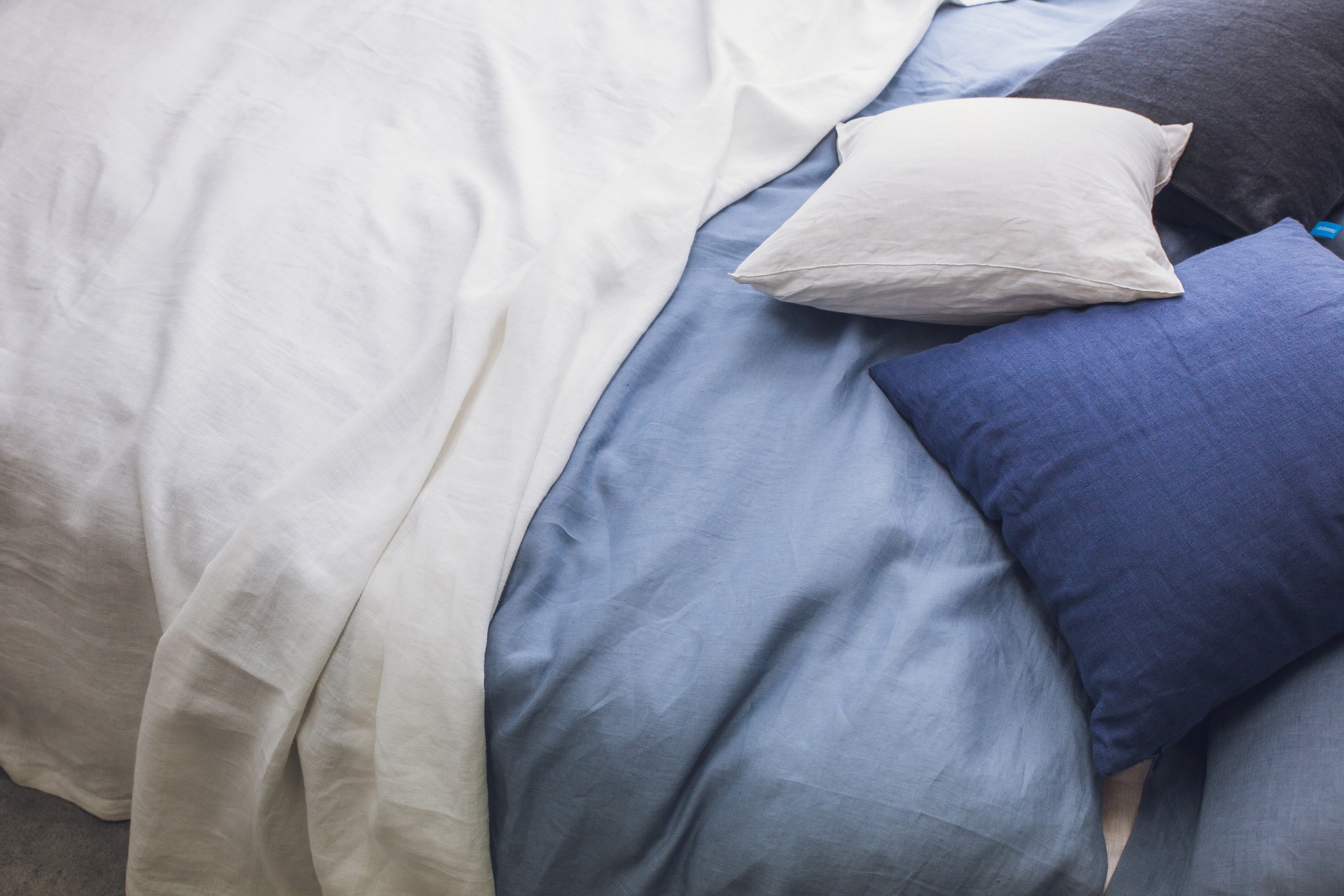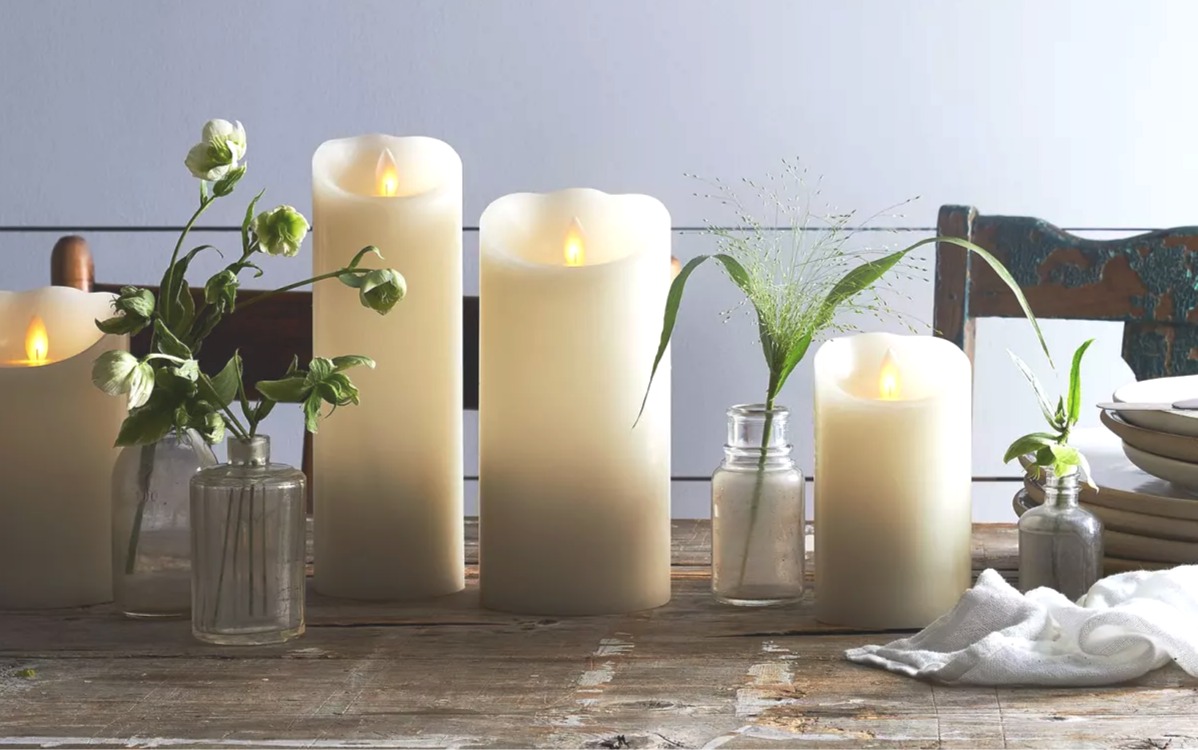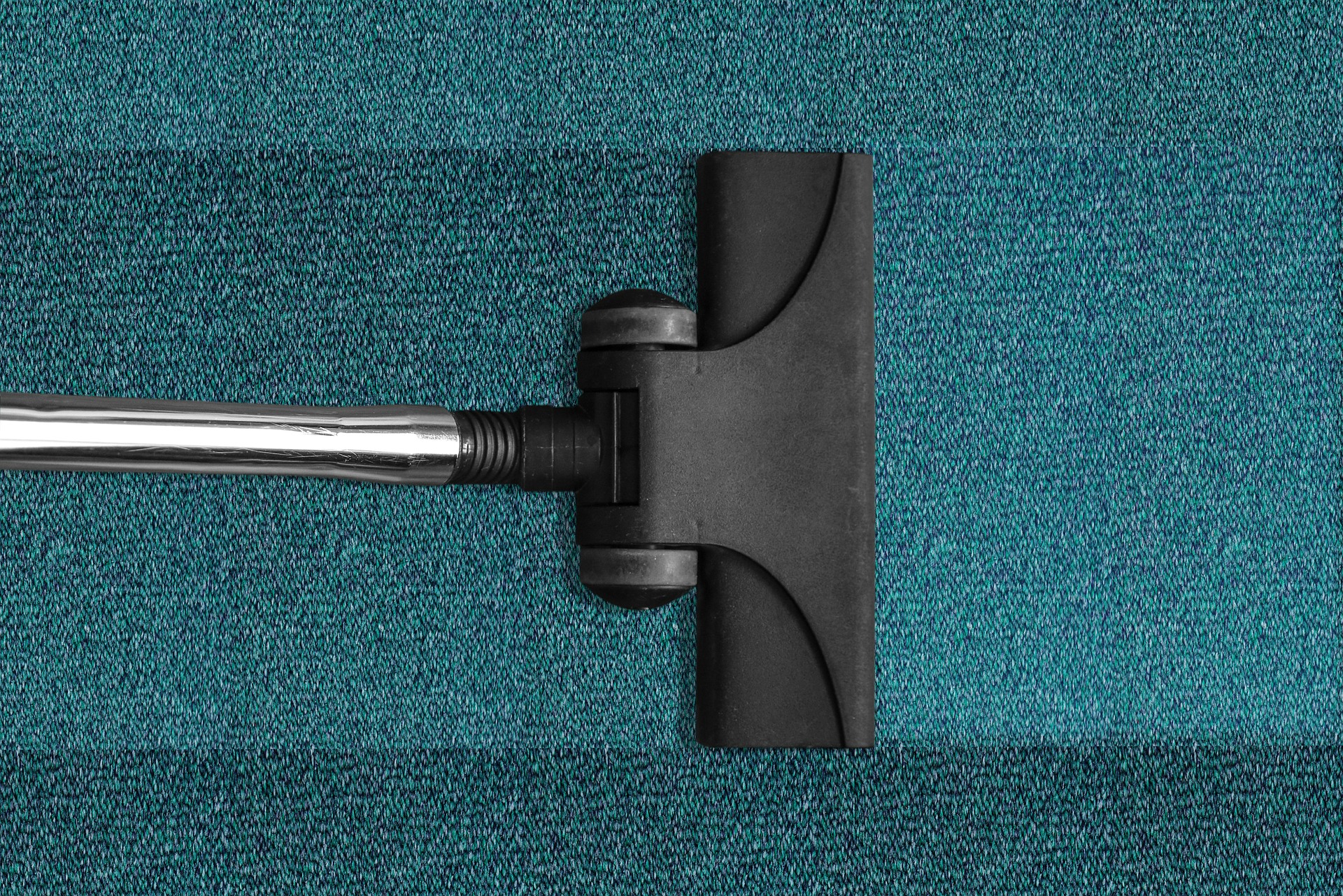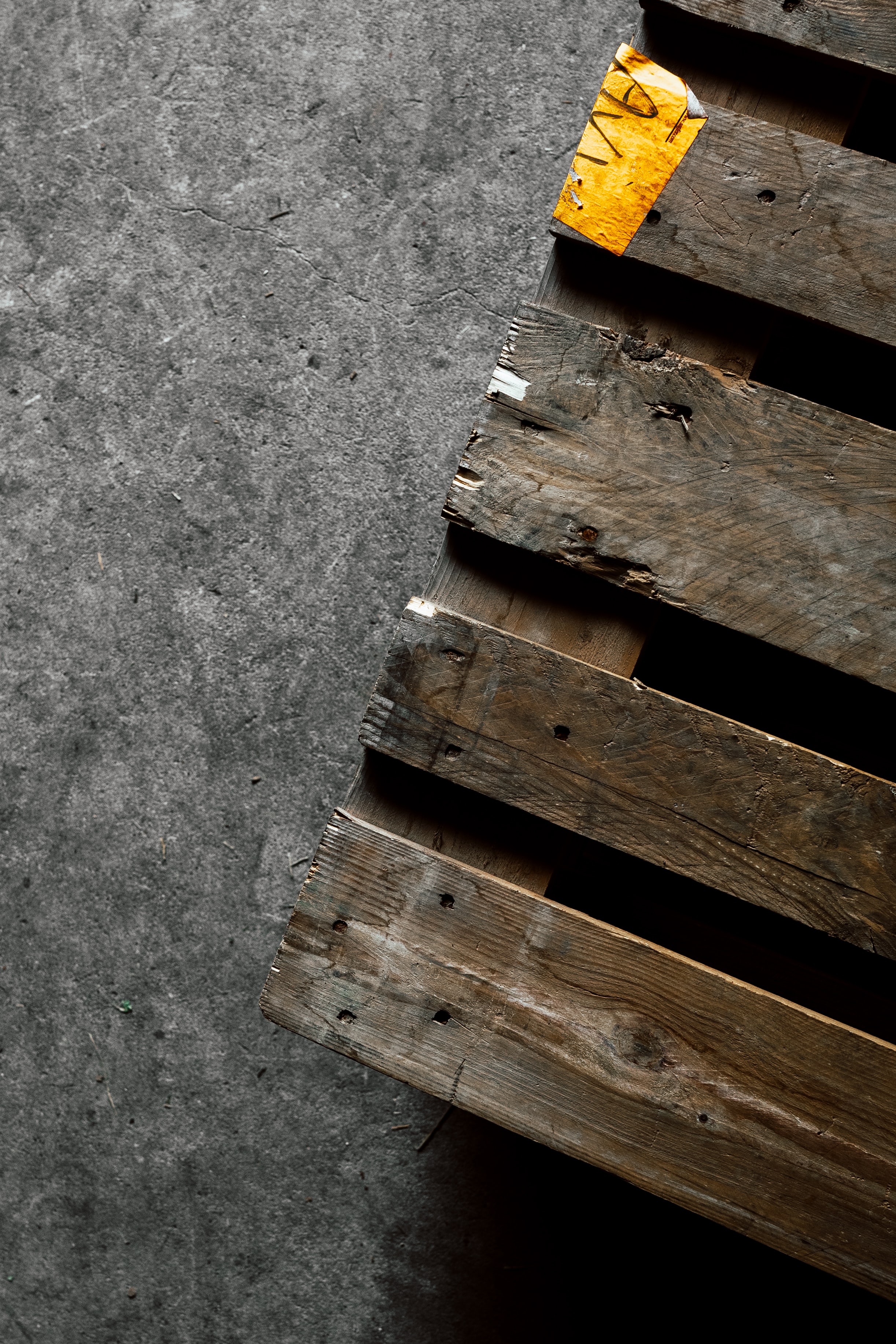Jun 6, 2022
9 WAYS TO MAKE YOUR APARTMENT MORE ALLERGY-FREE

This is a quick and easy (far from complete) guide to making your home a little bit more suitable for everyone, and in time you may be able to advertise your place as allergy-friendly. This will widen your customer group and make you stand out from the others.
It is good to be aware of the fact, though, that there are thousands of different sensitivities, and even if we eliminate hundreds of them, some may still get reactions from what remains. We don't need to target perfection here, but only to keep in mind that even one allergen less makes a huge difference for some, and that is much better than nothing.
It is good to be aware of the fact, though, that there are thousands of different sensitivities, and even if we eliminate hundreds of them, some may still get reactions from what remains. We don't need to target perfection here, but only to keep in mind that even one allergen less makes a huge difference for some, and that is much better than nothing.

1. Eliminate perfumes like air fresheners, scented candles, scented toilet paper, etc. These are all full of chemicals that are an unnecessary part of a healthy environment, and all the additional scents just add up to the irritation for sensitive people.
2. Choose natural materials for furnishings and fabrics. For example, opt to go with natural materials such as cotton, linen, and wool instead of synthetic materials like polyester. Try to choose as many organics as you can, but especially for the sheets and bedding as these are closest to our faces all night long. For pillows and quilts, wool or feather fillings tend to be better for regulating moisture, keeping away the dust mites, and containing fewer chemicals than synthetic ones.
3. Wash the sheets with non-scented detergent and avoid laundry softeners. We are in close contact with the bed, and any additional scents and chemicals can prevent a good sleep for those who are more sensitive.
4. Clean your apartment with non-scented chemicals and wipe them off well with just pure water. It is important to wipe out any leftovers from the chemicals as the traces will eventually dry out and fly in the air until we end up breathing them.
5. Avoid using rugs or wall-to-wall carpeting - they are hard to clean and will trap a lot of dust and dirt. In order to properly clean the carpets, you should vacuum them at least 5-10 repeated times per area, and I doubt nobody has time for that.
2. Choose natural materials for furnishings and fabrics. For example, opt to go with natural materials such as cotton, linen, and wool instead of synthetic materials like polyester. Try to choose as many organics as you can, but especially for the sheets and bedding as these are closest to our faces all night long. For pillows and quilts, wool or feather fillings tend to be better for regulating moisture, keeping away the dust mites, and containing fewer chemicals than synthetic ones.
3. Wash the sheets with non-scented detergent and avoid laundry softeners. We are in close contact with the bed, and any additional scents and chemicals can prevent a good sleep for those who are more sensitive.
4. Clean your apartment with non-scented chemicals and wipe them off well with just pure water. It is important to wipe out any leftovers from the chemicals as the traces will eventually dry out and fly in the air until we end up breathing them.
5. Avoid using rugs or wall-to-wall carpeting - they are hard to clean and will trap a lot of dust and dirt. In order to properly clean the carpets, you should vacuum them at least 5-10 repeated times per area, and I doubt nobody has time for that.

6. Consider not allowing pets. I am of course not advising you to do this or that, but want to remind you that the decision that you make will affect a certain group of customers. Either you deny pets which will naturally block customers with animals, or you allow them and therefore block allergic guests. If you choose to allow pets, please clearly inform your guests for that to make sure that allergic people know to keep away.
7. Do not allow smoking inside (that's pretty obvious) or near the building. Even light smoke coming from outside through windows or air conditioning may cause some people irritation or respiratory symptoms.
8. Open windows during and after the cleaning. This way you will easily eliminate the chemical pollution in the air. Whether people are allergic or not, it will not hurt anyone to have fresh and healthy air to breathe.
7. Do not allow smoking inside (that's pretty obvious) or near the building. Even light smoke coming from outside through windows or air conditioning may cause some people irritation or respiratory symptoms.
8. Open windows during and after the cleaning. This way you will easily eliminate the chemical pollution in the air. Whether people are allergic or not, it will not hurt anyone to have fresh and healthy air to breathe.

9. Avoid the use of recycled materials, pallets, or anything that has originally been used outside. As they were made to last in hard climate conditions outside, they often contain preservatives or other harmful chemicals that can aerosolize into the indoor air.
